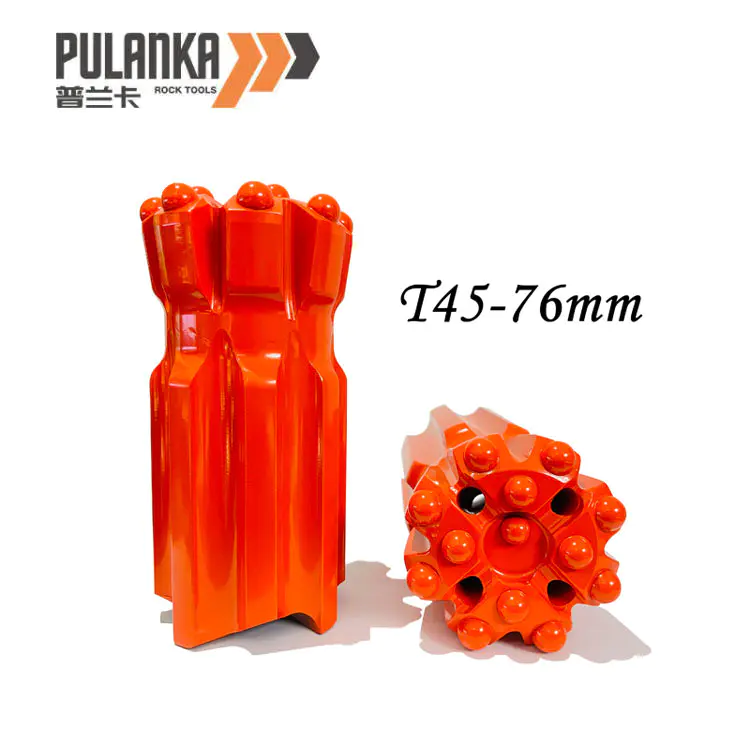Understanding Top Hammer Drilling: How It Works and Where It Excels
2025-06-25
In the field of rock excavation and mining, drilling technology plays a key role in ensuring precision, efficiency, and productivity. Among the various drilling techniques available today, Top Hammer Drilling (THD) stands out for its performance in hard rock formations. But what exactly is Top Hammer Drilling, and how does it differ from other methods?

What is Top Hammer Drilling?
Top Hammer Drilling is a technique that uses a percussion mechanism located above the drill string—at the “top” of the system. A piston strikes the drill string and transmits energy down to the drill bit. Rotational motion is applied simultaneously to allow the drill bit to crush and cut through rock.
Core Components
Hydraulic Rock Drill (or drifter) – creates the striking force.
Drill Rods – transmit both impact and rotation.
Drill Bit – typically a button bit made of tungsten carbide for optimal rock-breaking capability.
How Does It Work?
1. The rock drill strikes the rod using a high-frequency piston.
2. This energy is transmitted through the drill rods to the bit.
3. The bit simultaneously rotates and impacts the rock face.
4. Compressed air or water flushes cuttings out of the hole.
Where Does Top Hammer Drilling Excel?
Hard rock conditions – Ideal for granite, basalt, and other tough materials.
Shallow to medium-depth drilling – Effective up to 30–40 meters.
High-angle drilling – Great for development tunnels and bench drilling.
Benefits of Top Hammer Drilling
Faster penetration rates
Lower energy consumption per meter drilled
Enhanced drill control and accuracy
Reduced operational costs in suitable conditions
Conclusion
Top Hammer Drilling is a proven technology that offers speed, control, and durability in challenging environments. For mining, construction, or quarrying operations that demand precision in hard rock, it’s a solution that delivers both power and efficiency.